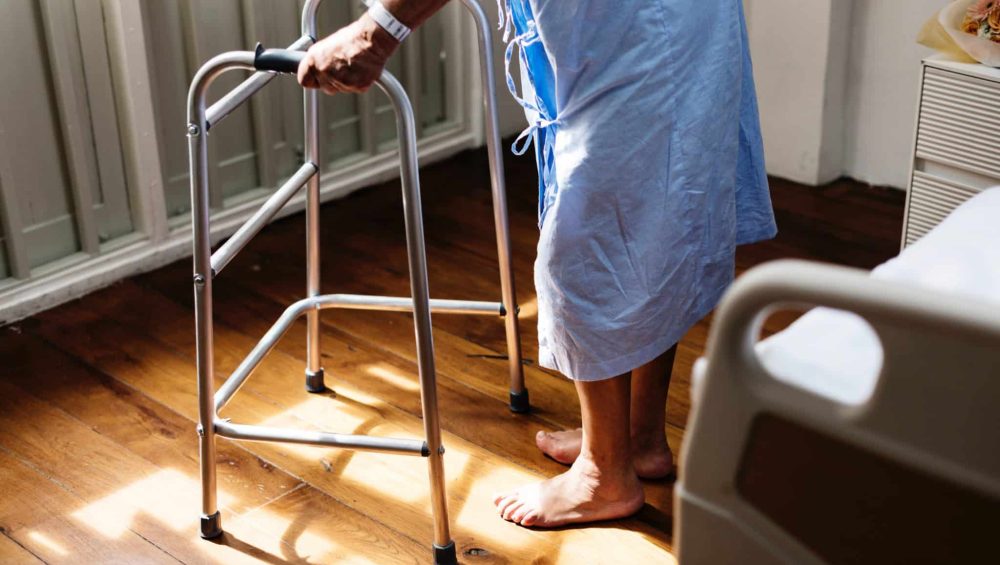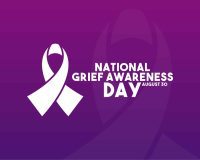A new study is underway exploring whether home-based palliative care (HBPC) or palliative care received in clinics is most effective in boosting the quality of life for seriously ill patients. Conducted through the USC Leonard Davis School of Gerontology, and led by Susan Enguidanos, a palliative care expert and a professor at USC Davis, the team will randomly assign 1,155 seriously ill patients with cancer, heart failure, and chronic obstructive pulmonary disease and 884 of their caregivers and follow their care at home and in clinics to either group. This is the largest trial for palliative care to date.
Most palliative care is currently offered through programs in a hospital setting with few offerings available for home care, despite findings that Americans who spent the majority of time receiving at home care can prevent hospitalizations and emergency room visits. According to the Institute of Medicine Report, people who receive palliative care have a better quality of life and may live longer than those that don’t receive this care – so the question becomes: If more of an effort were underway to create better home-based palliative care programs, would the quality of life for the patient as well as the caregiver increase?

The Institute of Medicine and other policymakers are examining home-based palliative models more deeply because of their recognition of the importance and value of palliative care. Their call for creating a greater provision of care to seriously ill patients and their caregivers is also helped by revised health care policies that include payment reform. These have become powerful new incentives for insurers and providers. Studies like this were prevented from being conducted before because of the lack of proper healthcare policies and reimbursement of care.
“This study represents a promising opportunity to extend care that seriously ill patients and their caregivers both need and want to a setting they prefer,” said Enguidanos. A study of this size and nature could set a precedent for new care models and be an opportunity to extend care.
The team had been awarded $5 million in funding for the study by the Patient-Centered Outcomes Research Institute (PCORI), a nonprofit, independent organization whose mission is to fund research that will “provide patients, their caregivers and clinicians with evidence-based information needed to make better-informed health care decisions.” Though the award had been approved, it is still pending completion of a business and programmatic review by PCORI staff and issuance of a formal award contract.
PCORI Executive Director Joe Selby stated that this project was selected because he believes that the results would fill “an important gap in our health knowledge and give people information to help them weigh the effectiveness of their care options.”
Enguidanos, who holds a joint appointment with the USC Schaeffer Center for Health Policy and Economics, is hoping to help provide new care models by partnering with Blue Shield of California for this study. The study will be conducted in several primary care clinics, and home-based palliative care agencies will have the services paid for by Blue Cross Blue Shield. This, Enguidanos, states “will ensure that best practices are sustainable at the end of the study period.”
The study plans to incorporate the HBPC model into the primary care clinics. The team members include a physician, nurse, social worker, and chaplain – they will provide pain and symptom management, psychosocial and spiritual support, disease management education and other services in response to patient and caregiver needs. The model will also provide a 24/7 call center.
Researchers will be examining many aspects of HBPC compared with palliative-care trained primary physicians including which type of care greater reduces a patients’ pain, symptoms, depression and anxiety; stress, anxiety, and depression often felt by caregivers during a patients last days of life; and which approach is more effective in reducing and possibly preventing hospital stays and emergency room visits due to preventable medical crises.
Click here to learn more about the benefits of palliative care.
Additional Links:
https://news.usc.edu/114806/usc-researchers-aim-to-boost-quality-of-life-for-seriously-ill-patients/




